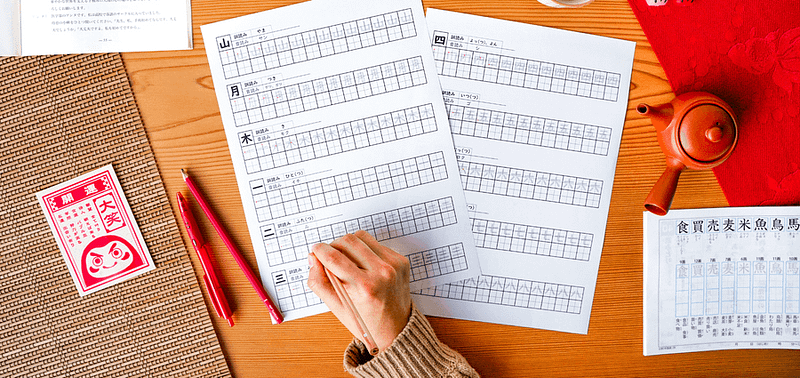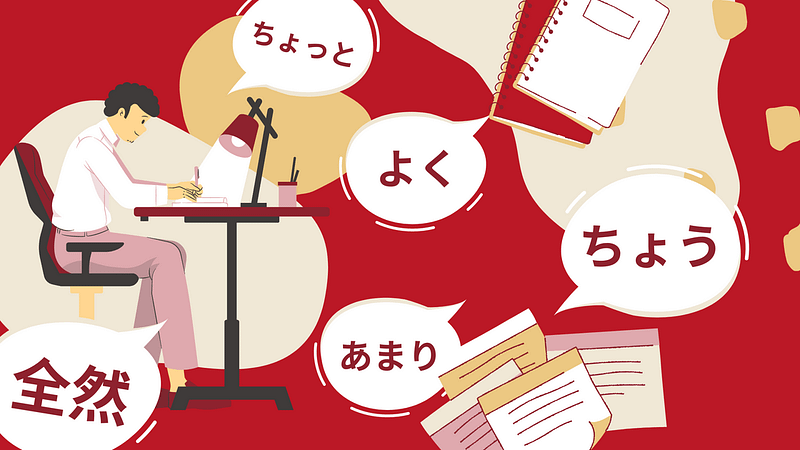Many Japanese words and phrases are hard to translate into different languages, including English. As an English speaker, you may not have a specific greeting for before and after a meal, or before and after leaving and coming home. But these everyday Japanese phrases are an important part of the culture. It’s easy to remember them as there are not many variations and are used daily in Japan.

Itadakimasu/Gochisōsamadeshita
As with many cultures, eating plays a large role in Japan. Even when dining alone, Japanese people often say out loud the following phrases before and after a meal. Some people place their hands together in front of their chest and bow their heads slightly while saying the phrases, giving thanks for the food.
Itadakimasu (頂きます) is one of the first phrases taught to children, as well as Japanese students. It means, “Let’s eat!”. Literally translated as “I will have,” or “I will eat,” in a polite form, the phase is most commonly used before beginning a meal. It shows gratitude to the cook, the farmers and the ingredients. When eating with others, you should wait until everyone is ready and say the phrase together. When a host serves you, you can look at them when you say it to them.
Gochisōsamadeshita (ご馳走様でした) is said after the meal in appreciation of the meal you have consumed. It is considered rude in Japan to not finish your food, therefore you should try to finish whatever is served to you. You can use the short form, “gochisōsama”, in more casual settings. If you are eating out and someone else is paying for your meal, you should make sure to say the phrase to them specifically to thank them for the meal. You should also say it to the cook if you are eating at home, or to restaurant staff when eating out.
You can learn more phrases to use in a restaurant in Japan here.

Ittekimasu/Itterasshai
When leaving home for work, school or going out, Japanese people will use these specific phrases with each other. Try to remember which one to say when you are the one leaving, or when you are saying it to someone else leaving.
Ittekimasu (行ってきます) means “I will go” and doubles as a “see you later”, or “I’ll get going now”. You use this when you are leaving home. It implies that you will also be coming back. You can say it to those you’re leaving behind in the morning when leaving home, or at the airport before leaving on a trip.
Itterasshai (行ってらっしゃい) is the proper phrase to say to the person leaving, often after they announce their departure. It can be directly translated as “go and come back.” But, it has more of a meaning of: “see you later!” or “take care!”.
You say this with well wishes when the other person is out and for them to come back safely. You could also add ki wo tsukete (気を付けて) before the itterasshai. For example: “ki wo tsukete itterasshai.” This is to emphasise for them to stay safe. “Ki wo tsukeru”, means “to stay safe”.
Tadaima/Okaerinasai
Your parents may have said “Honey, I’m home!” to each other when they came home after work. In Japan, there are specific phrases for when people come home as well.
Tadaima (只今) literally means, “just now,” as in “I’ve just come home now.” When returning home, people say this as they announce their arrival usually as they open the door or step into the home. As with itterasshai/ittekimasu, this can be used for arriving back to Japan from a trip or visiting your parents’ home after a while.
Okaerinasai (お帰りなさい), or “okaeri” for short, is used to welcome someone else home, usually after they say “tadaima”. It literally means “you have come home” and it’s basically akin to: “Welcome home!” It is a warm, welcoming phrase used with gratitude toward the person coming home safely.
You’ll hear these everyday Japanese phrases more regularly now that you know them. Why not try them for yourself? You can also learn basic and essential Japanese phrases for the workplace in our article and top essential phrases for everyday life here.
If you don’t know where to start, but you want to learn Japanese check out our study trips in Japan. We offer 2-4 weeks courses in a Japanese language school with a lot of cultural activities. Can’t make it to Japan yet, but want to learn the language? Check out our online courses, including our beginner crash course and our 12-week beginner course.
If you like to read more about Japanese culture, make sure to follow our blog where we cover everything you need to know about Japan!














